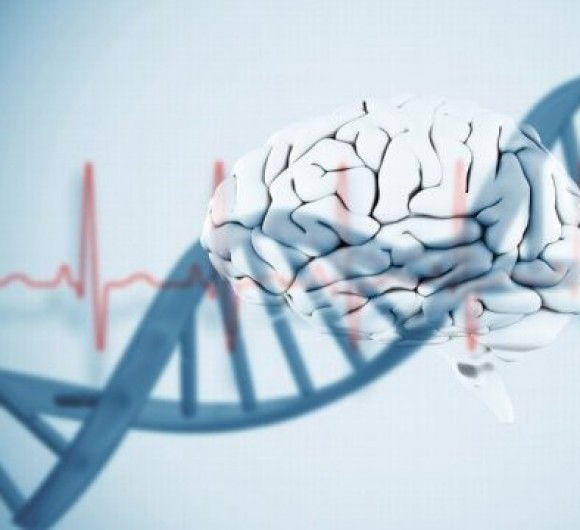Health
Genetic link to bipolar disorder identified

New York, May 9: Researchers have identified several genes that can put children of bipolar disorder patients at increased risk of developing the disease.
"We've known that children of patients with bipolar disorder have a higher risk of developing the illness but the biological mechanisms are largely unknown," said the study's first author Gabriel Fries from McGovern Medical School at the University of Texas Health Science Centre at Houston, US.
"By analysing the blood of children of controls and comparing it to children of bipolar patients, we identified several genes or markers that can explain the increased risk," Fries said.
For the study, published in the journal Translational Psychiatry, the researchers analysed peripheral blood mononuclear cells from a total of 18 children and adolescents in three matched groups -- bipolar patients, unaffected offspring of bipolar parents and children of parents with no history of psychiatric disorders.
The analysis revealed that compared to children in the control group, bipolar patients and unaffected offspring of bipolar parents had genetic alterations that can influence the response to stress.
"We know from clinical studies of behaviour and the environment that when children are chronically exposed to stressors, they are at a higher risk of developing bipolar disorder," Fries said.
"Bipolar parents may struggle because of their disease, leading to higher environmental stress. Their children, because of the genetic markers they have, could be more vulnerable to stress," Fries explained.
The genetic alterations that researchers discovered were validated in blood samples of unrelated adult bipolar patients, Fries said.



































